Edward Fotsch, MD is CEO of PDR Network.

Tell me what PDR Network does.
PDR Network distributes drug safety information, typically FDA-approved drug safety information. The full FDA-approved labels, drug alerts, the new REMS programs, and now increasingly collects drug and device safety information. Our focus is really on the collection and distribution of drug and device safety information, including the appropriate use of drugs and devices.
We publish the PDR, we have PDR.net, PDR Mobile, and a growing suite of services integrated into electronic health records.
Why was EHR Event formed, by whom, and via what process?
We work with a not-for-profit board called the iHealth Alliance. They Alliance is made up of medical society executives, professional liability carriers, and liaison representatives from the FDA. They govern some of the networks that we run, and in exchange for that, help us recruit physicians. Professional liability carriers, for example, promote our services that send drug alerts to doctors because that’s good and protective from a liability standpoint.
In the course of our conversations with them roughly a year ago, when we were talking about adding some drug safety information into electronic health records, we came across the fact that there were concerns from the liability carriers that there was no central place for reporting adverse EHR events or near misses or potential problems or issues with electronic health records. They were interested in creating a single place where they could promote to their insured physicians that they could report adverse EHR events. Then it turned out that medical societies had similar concerns.
Rather than have each of them create a system, the Alliance took on a role of orchestrating all of the interests, including some interest from the FDA and ONC in creating an electronic health record problem reporting system. That’s how it came into play.
Our role in it, in addition to having a seat on the iHealth Alliance board, was really in network operations — in running the servers, if you will, which didn’t seem like a very complicated task. Since business partners we rely on for our core business were interested in it, it was easy to say yes. It frankly turned out to be somewhat more complicated than we originally thought, but now it’s up and available.
What is the relationship with FDA, AHRQ, ONC, and some of the existing tools, such as the MAUDE database?
AHRQ has a thing they call the Common Format, which is a common set of questions for reporting patient safety-related events. They try to promote the use of their common format so that there can be some standardization of patient safety across multiple different reporters or reporting systems. We incorporated the AHRQ common format.
The role of the FDA is pretty much what is expressed in the press release, which is that they’re very supportive. They’re interested in seeing information about EHRs and issues associated with EHRs.
The exact relationship with the FDA and electronic health records, at least from my reading of the press, isn’t clear. Our goal is not necessarily to clarify that or be a spokesperson for the FDA, but we appreciate their support and their promoting the idea of reporting of electronic health record vendors participating in EHR Event.
They currently have some voluntary reporting associated with EHRs, but it is far from ubiquitous. At least based on my understanding of it, it’s more focused on inpatient systems, where EHR Event pretty much looks at inpatient or outpatient systems. One of those areas of perceived growth is in in the outpatient — the typical doc practice.
I’ve now exhausted my knowledge of what’s going on inside the FDA, but we certainly appreciate their support.
I think that Dr. Blumenthal and ONC did a great job of explaining their position. I think any network or new system that’s being rolled out appropriately has some kind of feedback loop, so they were quite supportive. I don’t know if you know if any kind of adverse reporting is going to be a part of Meaningful Use requirements, but if it is, it would certainly make sense. EHRs have great potential. It’s not just because they turn paper into electronic format, but they represent a communications platform to US providers.
To the extent that the federal agencies that either have systems in place or algorithms in place like AHRQ are generally supportive of the effort. This is sort of a “more the merrier” kind of thing.
Assuming ONC doesn’t mandate the use of reporting and FDA hasn’t had much luck in getting people to report into its database, how will it be different with EHR Event?
To my knowledge, the FDA hasn’t had any outreach at all to providers — docs like me. If they made the call, I missed the message. I don’t know how they’ve gone about other reporting initiatives. I certainly know what they’ve done with device and drugs and MedWatch and that kind of thing. From my standpoint, it’s comparing something that doesn’t exist.
I think the reason we got reports rolling in the door within 24 hours, frankly, is because of the relationship that exists between the liability carriers or medical societies and their insured or their members. Actually someone had called and said, “Why isn’t the FDA doing this?” I assume what they were saying is, “Why hasn’t the FDA created an EHR adverse event reporting system.”
There’s probably a lot of political reasons. I don’t work for the FDA and I wouldn’t speak for them, but I have had a medical license in the US for the better part of three decades and I would say that for any federal agency to take any action is not always a quick process. I don’t know all the steps, but I imagine there would be public notice and this and that, perhaps some politics involved. I’m not an expert. I don’t work for the federal government and I suspect I never will.
There’s also the reality that most physicians, I think, if you ask them, would indicate that they would be more comfortable with a system that is operated largely by their professional liability carriers and their medical societies with whom they have great trust and a longstanding relationship.
Do you think those insurers and medical societies will mandate, to some extent, reporting of errors to back their members?
I don’t think that a medical society has any authority to mandate anything of members. Again, I don’t work for them and wouldn’t speak for them, but how would they do that? Docs practice medicine based on state licensure. I supposed you could talk to the state medical boards, but I think that’s a long slog.
The other problem, of course, is that even if someone mandated that you reported EHR events, how would you actually enforce that? How would you know that they did it?
I don’t look at this so much as a mandate. I look at this as liability carriers are in the business and regularly reach out to their insured doctors saying, “These are the kinds of activities that we suggest you do and these are the kinds of activities that we suggest you avoid.” Having written checks for hundreds of thousands of dollars to professional liability carriers in my years of practice, I can tell you that you know that the only goal they have is to improve patient safety and protect your liability.
I think mandate is probably not the right word. I think educate and encourage and promote are the kinds of things that medical societies and liability carriers are doing and will continue to do.
FDA is supportive and interested, but not to the point they did it themselves, which would seem to be something they would have done if they were all that interested. Is there a plan to share the information that’s collected in EHR Event with FDA?
I guess the premise of your question I’m not in agreement with, which is that if the FDA were interested, they’d do it. I’m sure the FDA has a lot of things they’re interested in. Whether they do it or not probably has to do with budgets and politics and the reality of what it would take to actually get something going.
Again, I’m not an expert in government process, but I’ve been around long enough to know that the federal government doesn’t turn on a dime. The FDA has to follow the rules of the federal government, which has a fair amount of process around it, at least as far as I understand.
But to your question about the FDA learning and getting smarter from the EHR Event reporting system, as a federally designated PSO, there’s some contractual requirements for any third party — whether they be federal, private, not-for-profit — to get reports from the PSO. I assume that the FDA, based on our discussions with them, will enter into an agreement that’s dictated by AHRQ for access to the kinds of reports that will come out of EHR Event, as will liability carriers, as will medical societies, as will regional extension centers.
The big parties that you didn’t name are the vendors of the systems that are having errors reported about them. What involvement have they had or will they have?
They have the option of participating, which means they sign an agreement with the PSO and reports that are pursuant to their system are routed directly to them. But they certainly don’t have to do that. Everyone who participates in this is doing it on a voluntary basis.
So far, the response has been very favorable. I saw the quote in the press release from the e-MDs folks. But I think all of them understand that the systems aren’t perfect.
Probably what we’re seeing more often than not, the real challenge with EHRs like any technology, turns out to be some form of user error. “I didn’t know it would do that,” or “I didn’t know that it pre-populated that,” or “I didn’t know I shouldn’t cut and paste,” or “I wasn’t paying attention to this,” or maybe the user interface was a little confusing. Actual software errors appear to be the exception rather than the rule as it relates to EHR events. That’s at least as I understand it. I don’t get to see the reports because I don’t have that right within the PSO structure.
Anecdotally, from hearing the kinds of issues that liability carriers had talked about that they had seen, and hearing it from the high level of reports that have been coming in, they’re actually more frequent that you have a learning curve type issue, which is I think anticipated and the point of the exercise, which is most liability carriers promote electronic health record adoption, but although they promote it, they also know that these are new systems and new workflows and there’s a learning curve. The interest is in getting as much information as quickly as possible.
Is this is a business? Is there a revenue stream? Does PDR Network make money from this service?
I wish I could say yes, but the truth of the matter is that it’s more or less pro bono work that we’re doing on behalf of partners whose relationship is important to us. There’s other types of adverse event reporting that we’ll be rolling out over the next year that you can actually make money from. We certainly aren’t smart enough to figure out how to make any money off EHR event reporting.
Fortunately, because we are in the business of collecting and disseminating information and run networks and servers and integrate with EHRs and do all that stuff anyway, it’s not a heavy burden for us. But it is not a revenue center. I’m reasonably good at figuring out how to make money, but I haven’t cracked the code on this one.
If I’m a provider, what’s the benefit to me to submitting a problem report?
I guess the same as if it was an adverse drug reaction. Sometimes I have to say that just knowing docs, sometimes it’s sort of being a doc, right? You raise your hand when you see a problem. You certainly don’t make any money for doing it and not everyone will report every problem, but it’s amazing how frequently docs do the right thing even though they’re not getting paid to do it.
I think in this case, there’s probably a general feeling, at least among the target audience, that if nobody says anything about a problem, the problem never gets fixed. The analogy that I would make is that there are 500,000 adverse drug events reported into MedWatch every year, and to my knowledge, nobody makes a cent from reporting them, but they report them anyway. My view is this what docs do. They often do the right thing even though they’re not necessarily getting paid or otherwise not getting some benefit for it.
If I’m a doc and submit my incident, what happens next? How does that help fix the problem?
It goes in the PSO. Those who have the right to do that, which are only a handful of people, will create reports. Other physicians will know that inpatient hospital systems are having these kinds of problems or those kinds of problems, or maybe there’s a software problem, although again more often than not, it seems to be user error type things. The reports will go to groups like professional liability carriers.
I don’t know what the FDA would do. I assume they’re going to access PSO reports because they’ve indicated that they plan to, but the liability carriers and the medical societies and regional extension centers will turn the reports into education programs. There’s an effort to create CME programs that the liability carriers will promote to docs, the specific CME program for docs who want to adopt electronic health records. Oftentimes those programs from liability carriers are tied to patient safety credits that actually reduce liability carrier premiums. But most of the focus is educational.
As for the reporting physician, they’ll get a response back, “Thank you for the report.” If they wish, they can enroll in a monthly update newsletter sort of a thing that will be an extract of the PSO reports — here’s how many patient safety-related reports we got this month, here’s some high-level stuff — although PDR Network, at this point, isn’t planning on creating any CME programs from this. But we know that some of our partners are and we’ll probably help distribute links to the CME programs.
With the FDA’s drug reporting system, there would be capability to immediately trigger some sort of a black box warning or recall. If I’m a provider submitting to this database, do I have any assurance that other providers using the same system, if it’s a system problem, will find out what I reported or that I’ll find out what they reported?
There’s a number of pieces to that. First of all, if you’re familiar with the MedWatch system, it’s quite a bit more complicated than what you described. There’s not really lightning-fast turnaround from MedWatch reports. Black box warnings have to go through an entire process before they come out. Some of them may be triggered by MedWatch, oftentimes not. Often it’s based on post-market studies or some other piece.
Secondly, 95% of of MedWatch reports don’t come from providers directly. They come from the manufacturers. Out of 500,000 that the FDA gets, only 5%, one in 20, are directly reported to the FDA. Most of them go to the manufacturers, who bear the responsibility for chasing down the information and getting all the facts and details. The FDA is certainly not staffed to do all that legwork and the manufacturers have a regulatory requirement to do that.
That kind of infrastructure is not in place for EHRs, or least that I’m aware of. Perhaps it will be someday. I don’t really know what the regulatory environment is going to be for EHRs.
If I have a problem with an EHR and I report it, there’s two pieces to it. One is that my vendor has a responsibility, if it’s a problem with their system, to correct or improve the systems and notify other people of the problem. If they didn’t have a regulatory reason to do that, they’d certainly have a liability reason to do that. We will route those reports dutifully, but we’re not a regulatory agency and we’re not attorneys.
What we can do is get the reports and get them into the hands of groups like liability carriers, medical societies, and regional extension centers and then let them reach out their physicians and educate them. If it turns out that it’s a specific software problem, most of the burden for that will fall on the vendor.
I’m sure that will come up more frequently as an education issue, so how do you educate docs? Part of that is the vendor’s responsibility, part of it’s the liability carrier’s responsibility, part is the regional extension center. That’s why they get, whatever it is, a third of a billion dollars to educate docs about electronic health records.
From the standpoint of who bears the responsibility of acting on a software problem, that will largely be the EHR vendor. They have that responsibility now. Hopefully we can add to the flow and speed of information to them.
Anything else?
Most of folks who’ve called, whether they be press or … we’ve heard a little bit of, “This is overdue.” [laughs] I’m sort of like, “OK, now here it is. Sorry we were too slow.”
I’ve heard a fair number of people say, “The federal government should be doing this” without much knowledge of what it would take for the FDA or some other agency to create a system. There was a real concern, frankly, among the liability carriers that any involvement by the federal government might actually reduce the amount of reporting that occurred. I certainly heard it. It resonated with me as a doc. It’s one thing to report something to my liability carrier or medical society, but as soon as you get the federal government involved, someone’s going to say, “I’m less likely to report that because I just don’t want to deal with it.”
I think there are challenges associated with it. I think this is a point along the way on education related to EHRs. It’s not a regulatory effort. The federal government is going to do or not do whatever they’re going to do. This is some federal government support and cheerleading and participation, but this is not a mandate from the federal government. Whether that will ever occur or not I really don’t know.

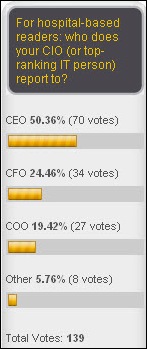
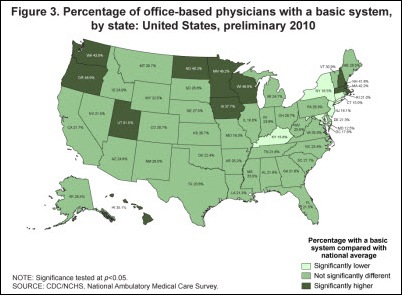

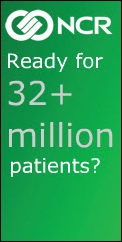
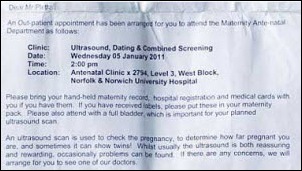
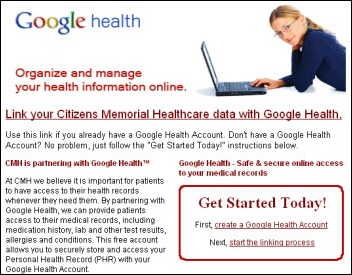

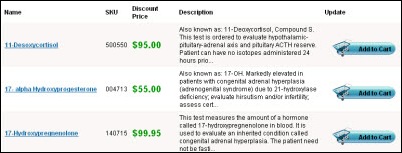

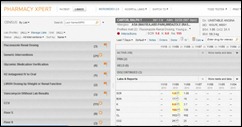




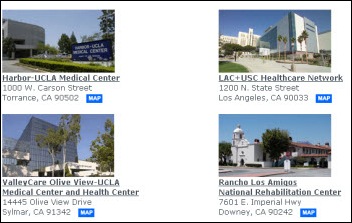


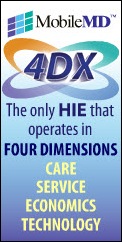
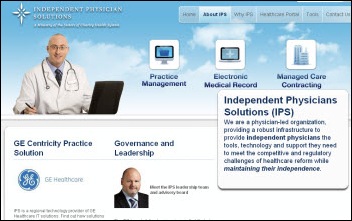
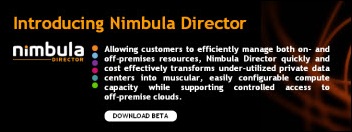
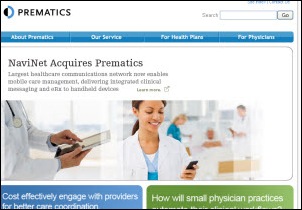
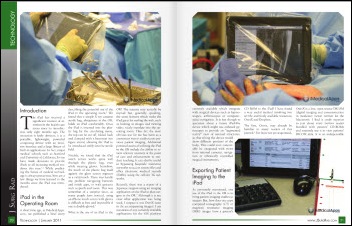



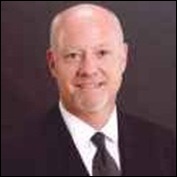




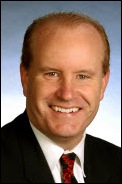

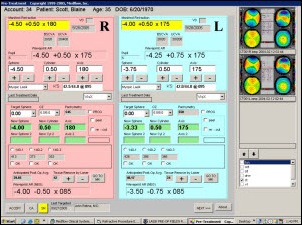
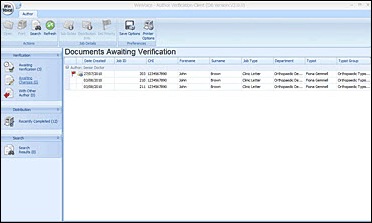


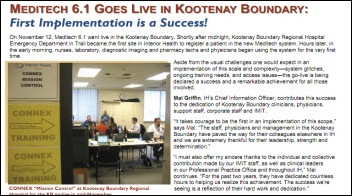

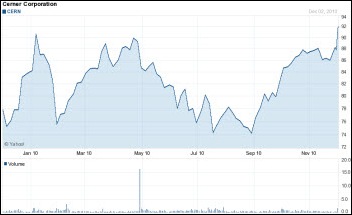
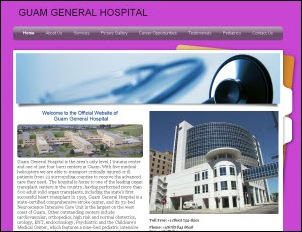








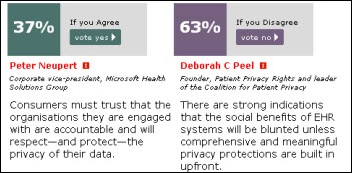









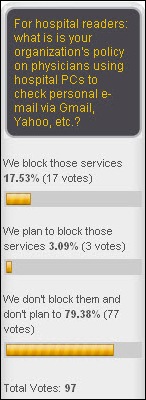




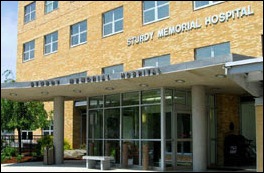
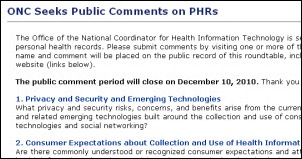







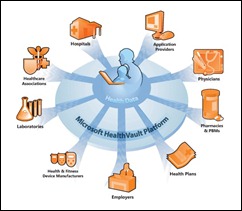



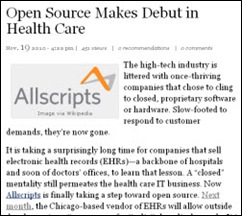
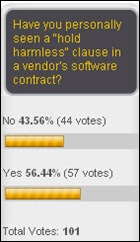




Thank you for your comments on Amazon. Agree 100%